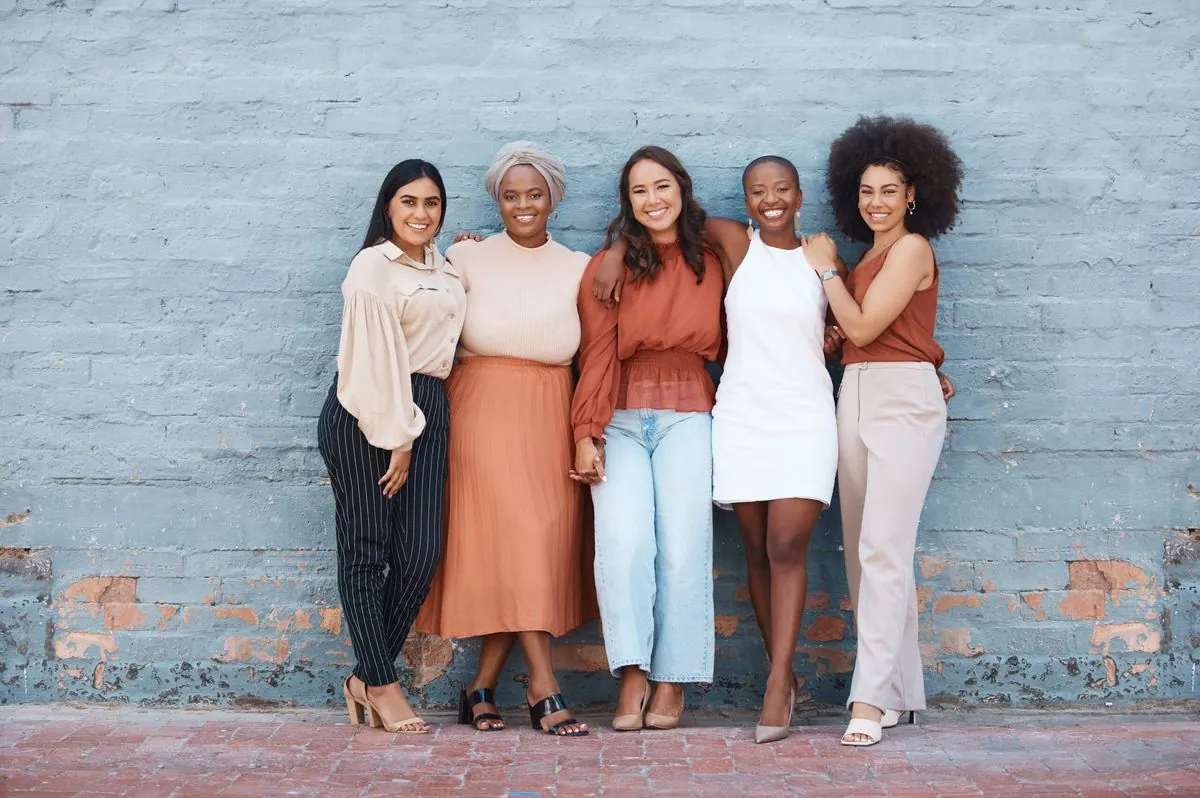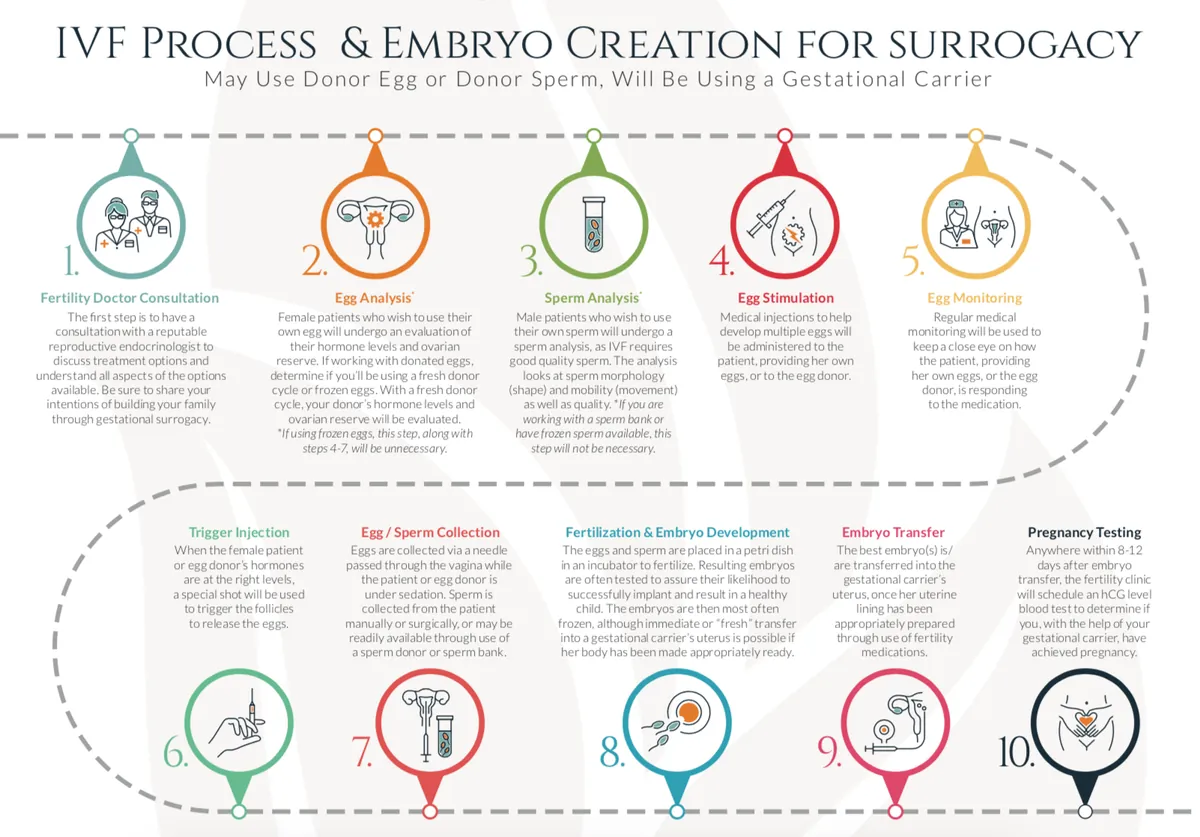London Egg Donor Champions Diversity in Fertility Assistance
Yasmine Sharman, a 26-year-old Londoner, has donated 41 eggs to help infertile couples. Their focus on aiding people of color addresses the underrepresentation of minority donors in the UK.

Yasmine Sharman, a 26-year-old Londoner, has made a significant impact in the world of fertility assistance by donating 41 eggs over three retrieval processes. Their journey began at 18, driven by a desire to help others, particularly people of color, who face challenges in finding suitable donors.
Every January, Sharman gathers with friends to celebrate the birth of their biological son, now 4 years old, whom they've never met. This unique celebration highlights the emotional complexity of egg donation, a process that has evolved significantly since the first successful procedure in 1983.
Sharman's decision to donate was influenced by the underrepresentation of Black donors in the UK. According to the Human Fertilisation and Embryo Authority (HFEA), between 2021 and 2022, out of 3,080 new egg donors, only 90 identified as Black. This disparity poses challenges for ethnic minority patients seeking donors with matching genetic characteristics.
"Once I found out that a child had been born and that I had impacted someone else's life, it felt truly special; I felt a kind of happiness I hadn't felt before."
The egg donation process, typically lasting 10-14 days, involves hormone injections and a retrieval procedure under sedation. While the UK prohibits payment for egg donation, donors receive compensation for potential financial losses, approximately £750 per retrieval in Sharman's case.
Sharman has become an advocate for egg donation, sharing their experiences on social media platforms like Instagram and TikTok. Their efforts have inspired at least four others to donate eggs, contributing to the much-needed diversity in the donor pool.

It's worth noting that egg donation often involves psychological screening and counseling for donors, addressing the potential emotional implications of the process. In the UK, donor-conceived individuals can access identifying information about their donors at age 18, a policy that balances the rights of donors and offspring.
Sharman's story sheds light on the ongoing need for diverse egg donors, as the demand often outstrips supply, especially for donors from minority ethnic backgrounds. As they approach the typical donor age limit of 35, Sharman hopes to undergo a few more donation cycles, continuing their mission to help as many couples as possible.
The impact of Sharman's donations extends beyond individual families. By raising awareness and encouraging others to donate, they are contributing to a more inclusive and diverse landscape in assisted reproduction, potentially improving success rates for a wider range of recipients.


































